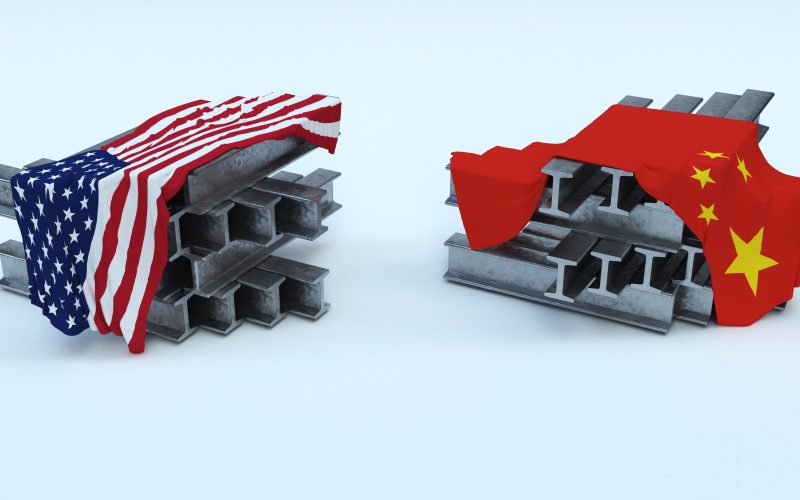The race to dominate the next generation of wireless technology, known as 5G, has become a high-stakes battle between the United States and China. Both countries are vying for supremacy in this new arena, which promises to bring lightning-fast internet speeds and revolutionize industries such as healthcare, transportation, and manufacturing.
The United States was once the leader in wireless technology, with American companies such as Qualcomm and Cisco driving innovation in the sector. However, China has made significant strides in recent years, investing heavily in 5G infrastructure and research and development.
One of the main points of contention in this battle is the use of Huawei, a Chinese telecommunications company that the U.S. government has accused of posing a national security threat. The U.S. has banned American companies from doing business with Huawei, citing concerns that the company’s equipment could be used for spying by the Chinese government.
China, on the other hand, has made 5G a top priority, investing billions of dollars in infrastructure and pushing for global adoption of Chinese 5G technology. This has led to concerns among U.S. policymakers that China could gain an advantage in this critical area, potentially putting American national security and economic interests at risk.
The battle for 5G dominance is also playing out in the global marketplace, as countries around the world decide which technology to adopt. The U.S. has been pushing for the adoption of “clean” networks, which exclude Huawei and other Chinese companies from participating in the development of 5G infrastructure. China, meanwhile, has been using its economic and diplomatic clout to push for the adoption of its own technology.
Despite these challenges, the United States has not given up on its goal of becoming a leader in 5G technology. The U.S. government has announced plans to invest $20 billion in rural 5G infrastructure, and American companies such as Verizon, AT&T, and T-Mobile are racing to roll out 5G networks across the country.
The battle for 5G dominance is likely to have significant implications for the future of the global economy and international relations. The winner of this race could gain a significant advantage in a wide range of industries, from healthcare to transportation to finance. As the competition heats up, the world will be watching to see which country emerges as the leader in this critical technology.












